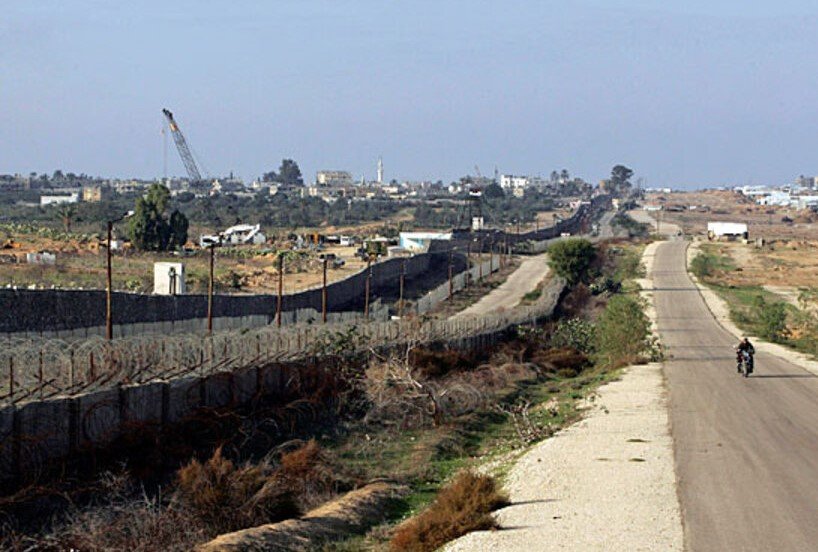Egypt’s government has taken a firm stand against any foreign control of Gaza after the 2025 ceasefire, pushing for Palestinian-led reconstruction while cracking down on domestic protests. As the conflict evolves, public opinion in Egypt shows strong support for Palestinians, creating tension with official policies that balance mediation and national security.
Egypt’s Official Position on Gaza
Egypt has played a key role as a mediator in the Gaza conflict since the war began in late 2023. President Abdel Fattah al-Sisi has called Israel’s actions in Gaza a form of systematic genocide, urging an immediate ceasefire to allow humanitarian aid.
Recent statements from Egypt’s foreign ministry reject any proposals for foreign or Arab forces to manage Gaza. Instead, Cairo supports a technocratic committee under Palestinian Authority supervision to handle postwar affairs. This approach aims to rebuild the strip without displacing residents.
Egypt has trained Palestinian security personnel to potentially replace Hamas in governing roles. Sources indicate this training started soon after the October 7, 2023 attacks, showing Cairo’s proactive planning for a stable Gaza.
The government has also mobilized troops along the border to prevent refugee influxes, especially after Israel’s operations in Gaza City. This move highlights Egypt’s focus on border security amid fears of spillover effects.
Public Opinion Shifts in Egypt
Polls from late 2023 showed about 75 percent of Egyptians held a positive view of Hamas, with many seeing the group as defenders against Israeli actions. As the war dragged into 2025, public sentiment has grown more vocal in support of Gaza’s people.

Street protests have surged, but the government has responded with arrests and restrictions. Many Egyptians view the official stance as too cooperative with Israel, leading to accusations that leaders prioritize foreign relations over Palestinian solidarity.
Social media reflects this divide, with users praising Egypt’s mediation efforts while criticizing crackdowns on pro-Gaza rallies. A recent survey in early 2025 indicated that over 60 percent of Egyptians want more aid to Gaza, even if it strains ties with other nations.
This gap between public views and government actions has sparked debates on social platforms, where calls for reform mix with demands for stronger anti-Israel positions.
Egypt’s Mediation Efforts and Challenges
Egypt has worked with Qatar and the United States to broker deals, including the January 2025 ceasefire that halted major fighting. Cairo hosted talks with Palestinian factions, isolating Hamas when other groups backed partial agreements.
Challenges include Egypt’s rejection of plans like a proposed trusteeship where it would oversee Gaza’s reconstruction and disarmament. Officials argue this would undermine Palestinian self-rule.
Economic ties complicate matters. Egypt continues gas deals with Israel worth billions, drawing criticism from those who see it as funding the conflict.
- Key mediation milestones: Hosted unity talks in Cairo that pressured Hamas into concessions.
- Border controls: Restricted refugee flows to avoid domestic unrest.
- International partnerships: Collaborated with Turkey and Qatar on aid proposals.
Despite these efforts, Egypt worries about being sidelined if Arab troops enter Gaza, preferring influence through Palestinian-led bodies.
Economic and Security Impacts on Egypt
The Gaza war has hit Egypt’s economy hard, with tourism down and trade routes disrupted. Inflation rose to 35 percent in early 2025, partly due to higher food prices from blocked aid routes.
Security concerns have led to increased military presence in Sinai, with 40,000 troops deployed to manage potential threats. This buildup aims to stop any forced displacement from Gaza into Egypt.
| Aspect | Pre-War (2023) | Post-Ceasefire (2025) |
|---|---|---|
| Border Trade | Strict blockade with Israel | Limited aid under Israeli oversight |
| Public Protests | Occasional rallies | Increased crackdowns, hundreds arrested |
| Economic Deals | Gas agreements initiated | $35 billion deal extended to 2040 |
| Refugee Policy | No open borders | Troops mobilized to prevent influx |
These changes show how Egypt balances helping Gaza with protecting its own stability.
Future Outlook for Egypt and Gaza
Looking ahead, Egypt plans to present visions for Gaza’s reconstruction that keep Palestinians in their homeland. This includes supporting civilian administrations backed by Cairo’s expertise.
Analysts predict that if public discontent grows, it could pressure the government to shift policies. Recent events, like the Arab League endorsing Egypt’s reconstruction proposal in March 2025, boost Cairo’s role.
The divide between leadership and citizens might influence regional dynamics, especially with ongoing talks involving the United States and Israel.
As this story develops, share your thoughts in the comments below. What do you think Egypt should do next? Spread the word by sharing this article with others interested in Middle East affairs.
